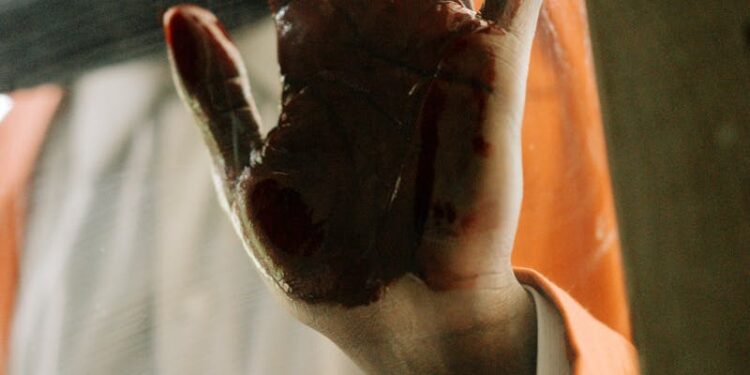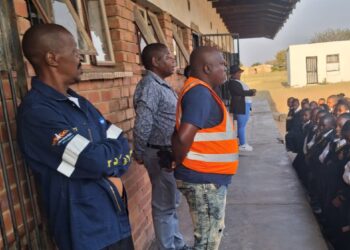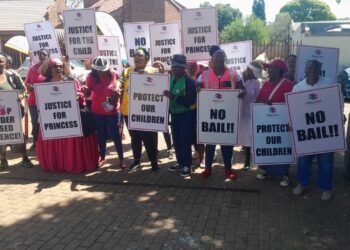The discovery of what is believed to be the remains of Pretoria-based journalist Sibusiso Aserie Ndlovu and his partner Zodwa Mdhluli, who mysteriously disappeared on February 18, 2025, should be a cause for deep concern to any ordinary South African who abhors crime in all its forms. Their remains were exhumed near Rust De Winter on the Mpumalanga/Limpopo border on May 8, after one of the suspects allegedly led police to the site where the two bodies were concealed.
I must say, their tragic end touched me personally — Aserie was a fellow member of the media fraternity, which I am passionate about, and Zodwa was a few grades behind me at Bhekiswako High School, where I matriculated. The circumstances around their deaths, like many other similar incidents, are deeply troubling.
Violent crime in South Africa continues to spiral out of control, despite ongoing efforts by law enforcement agencies to bring perpetrators to book. More worrying is that South Africa consistently ranks among the countries with the highest crime rates in Africa. According to Statista, it scores 75.5 on the crime index due to the prevalence of violent crimes such as murder, robbery, and assault.
These days, it’s rare to read, listen to or watch the news without encountering stories of murder, shootings, deadly cash-in-transit heists, rape, road rage, and fatal accidents, often due to reckless driving and disregard for road laws. It’s getting tougher by the day. A developing country like ours cannot fully focus on its growth and developmental agenda while consumed by such negative headlines. This paints a bleak picture to potential investors and tourists, whose contributions are vital to our economy.
The current levels of moral decay are costing the country dearly. Just consider this week’s Africa’s Travel Indaba, which started in Durban on Monday, May 12; what do our officials say as they try to “market” South Africa as a preferred travel destination to the global community?
Violent crime is undeniably a crisis in our society. People get killed willy-nilly. One can’t help but wonder what happened to our sense of humanity, to the spirit of UBUNTU. When people think of Africa, they should picture breathtaking landscapes, vibrant cultures, and rich heritage. Africans have always been warm and generous people, proud of their diverse cultures and traditions. Yet, in recent years, safety has become a growing concern, not just for tourists and investors, but also for ordinary South Africans, who constantly find themselves evaluating where it’s safe to live, work, visit, or even park.
Take the case of Aserie and Zodwa, nowadays, a safe return home after leaving for work in the morning is no longer guaranteed. Criminals have taken over. Our freedom is stifled, and we’re forced to remain vigilant even behind locked doors.
But all is not lost. We must remain optimistic.
Countries like Rwanda, Tunisia, Seychelles, Ghana, Kenya, Tanzania, Uganda, Namibia, Zambia, and Mauritius are among the safest in Africa. Ghana, with a population of about 34.5 million, is known for its rich history and friendly people. Despite sharing borders with unstable neighbours, the Numbeo Crime Index 2025 revealed that Ghana’s crime levels are lower than those in countries like Canada, Greece, and Australia. South Africa can also turn the tide, if we have the political will and active citizenry to do so.
Our government does publish crime statistics quarterly, highlighting both achievements and challenges. But the question remains: does making crime stats public have any impact? If such detailed security data isn’t actionable or accessible to communities, what’s the point? My take, which I know may be contested, is that crime stats are better left to the SAPS, the judiciary, Community Policing Forums (CPFs), and private security firms, who are actively involved in crime prevention.
Communities, meanwhile, must partner with these structures and actively participate in local crime-fighting initiatives. Often, the perpetrators live among us and are known to us. Effective crime prevention is only possible with community involvement. Sadly, we cannot bring back the dead — but justice remains the only form of consolation for the families of the departed.























